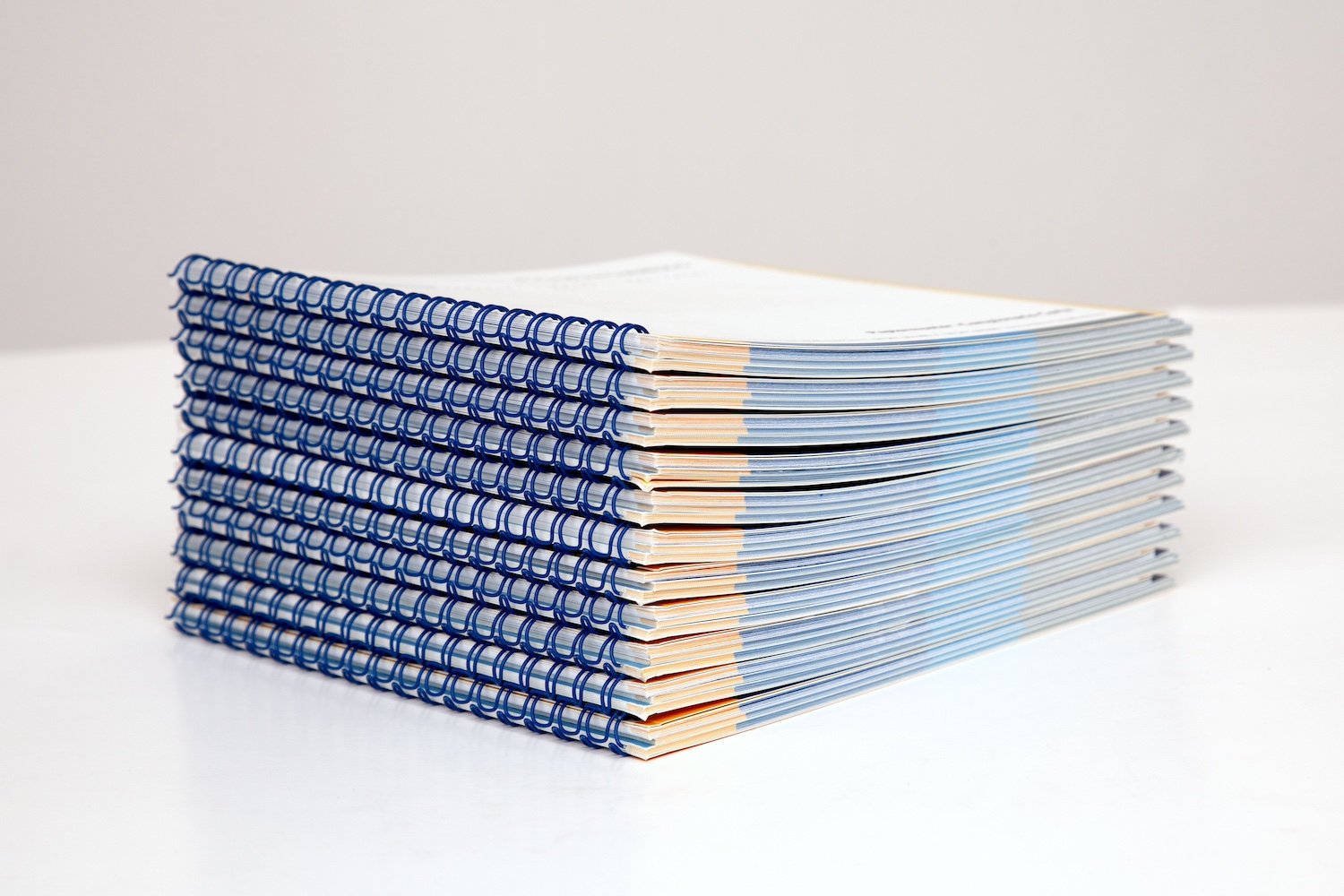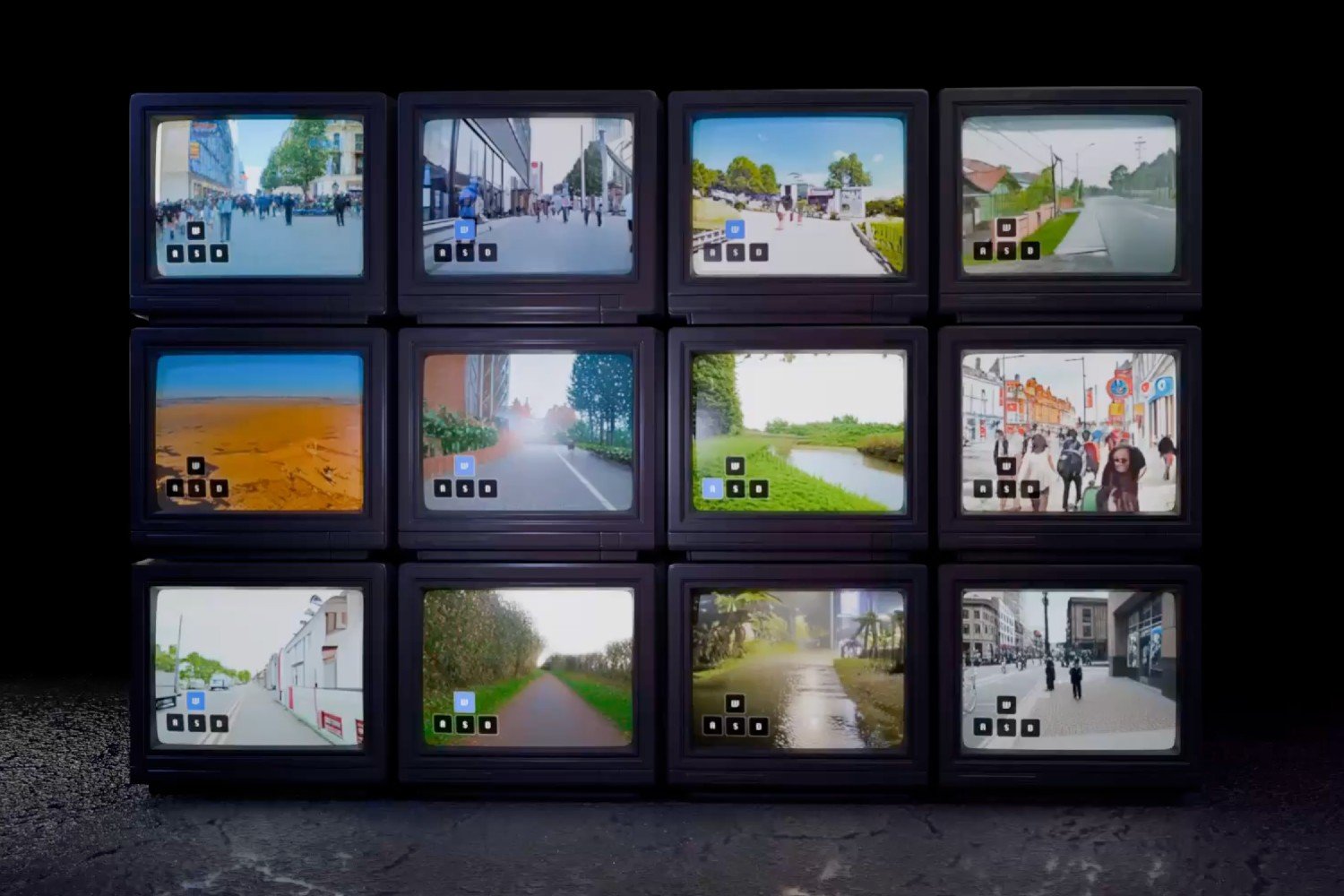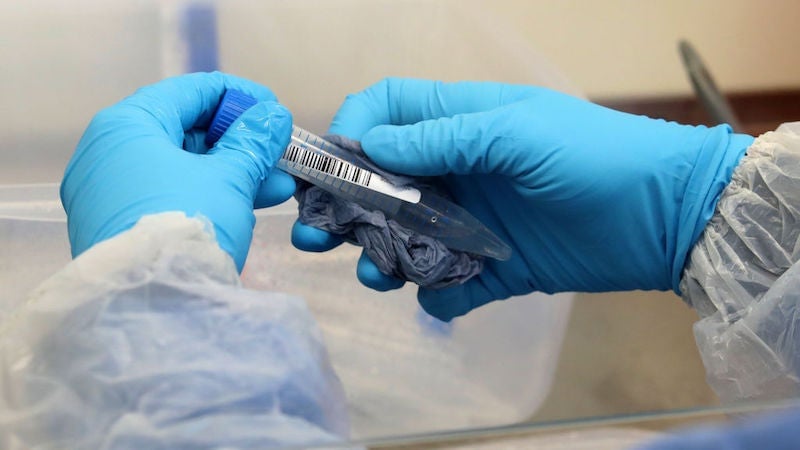The rise of sophisticated AI tools like ChatGPT is presenting a significant challenge to academic integrity within the educational system. Students’ ability to generate essays and answers instantaneously has prompted some institutions to revisit traditional assessment methods, leading to an unexpected resurgence of the humble blue book.
The Analog Answer: Blue Book Sales Surge
Recent data indicates a notable shift back to pen-and-paper examinations. According to a report by The Wall Street Journal, sales of blue examination booklets have climbed substantially since ChatGPT’s introduction in late 2022. Texas A&M University saw a sales increase of over 30% for the current academic year, while the University of Florida reported a nearly 50% rise. At the University of California, Berkeley, blue book sales at the Cal Student Store have jumped by 80% over the past two academic years. This renewed demand for a low-tech staple is directly linked to educators seeking reliable ways to assess student knowledge in an AI-dominated landscape. Roaring Spring Paper Products, a primary supplier of these booklets, has acknowledged the ironic business boost from the AI era.
Blue Books: From Dreaded Exam Tool to Academic Integrity Guardian?
For generations of students, blue books were a familiar, often anxiety-inducing, component of examinations. These booklets, with their distinct covers and ruled pages, demanded focused, timed writing, serving as a direct measure of a student’s grasp of a subject. Now, what was once a standard, if sometimes unpopular, assessment tool is being reconsidered as a defense against AI-facilitated cheating. In an age where digital text can be effortlessly generated by algorithms, the controlled environment of a blue book exam offers a way to ensure authenticity in student work, repositioning this traditional item as an unlikely ally in preserving academic honesty.
Limitations of Old-School Methods in the AI Age
While the return to blue books may address in-class cheating, it’s not a comprehensive solution for the broader challenges AI poses to education. Philip D. Bunn, an assistant professor at Covenant College, argues on his blog that in-class, blue-book essays cannot fully replace the value of traditional out-of-class papers. He states, “the process of writing a paper outside of class cannot simply be replicated in a blue book exam, and something serious is lost if we give up entirely on the traditional essay, whether those essays are more analytic, argumentative, or research-based.”
Indeed, the problem extends far beyond the exam hall. A recent survey revealed that 89% of college students admitted to using ChatGPT for homework. Furthermore, AI-detection tools designed to identify AI-generated content routinely fail, making it difficult to police AI misuse effectively. [internal_links] This suggests a pervasive reliance on AI that blue books alone cannot curb.
Navigating the Future of Assessment in an AI-Driven World
The revival of blue books signals a growing concern among educators about maintaining academic standards in the face of advanced AI. While these traditional tools offer a partial solution for in-person assessments, they highlight a more profound need for evolving educational strategies. Addressing the complex impact of AI on learning will require a multi-faceted approach, potentially including pedagogical innovations, clearer ethical guidelines, and perhaps even new regulations around AI use in academic settings to safeguard the integrity of the educational process.











